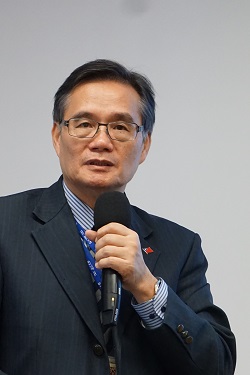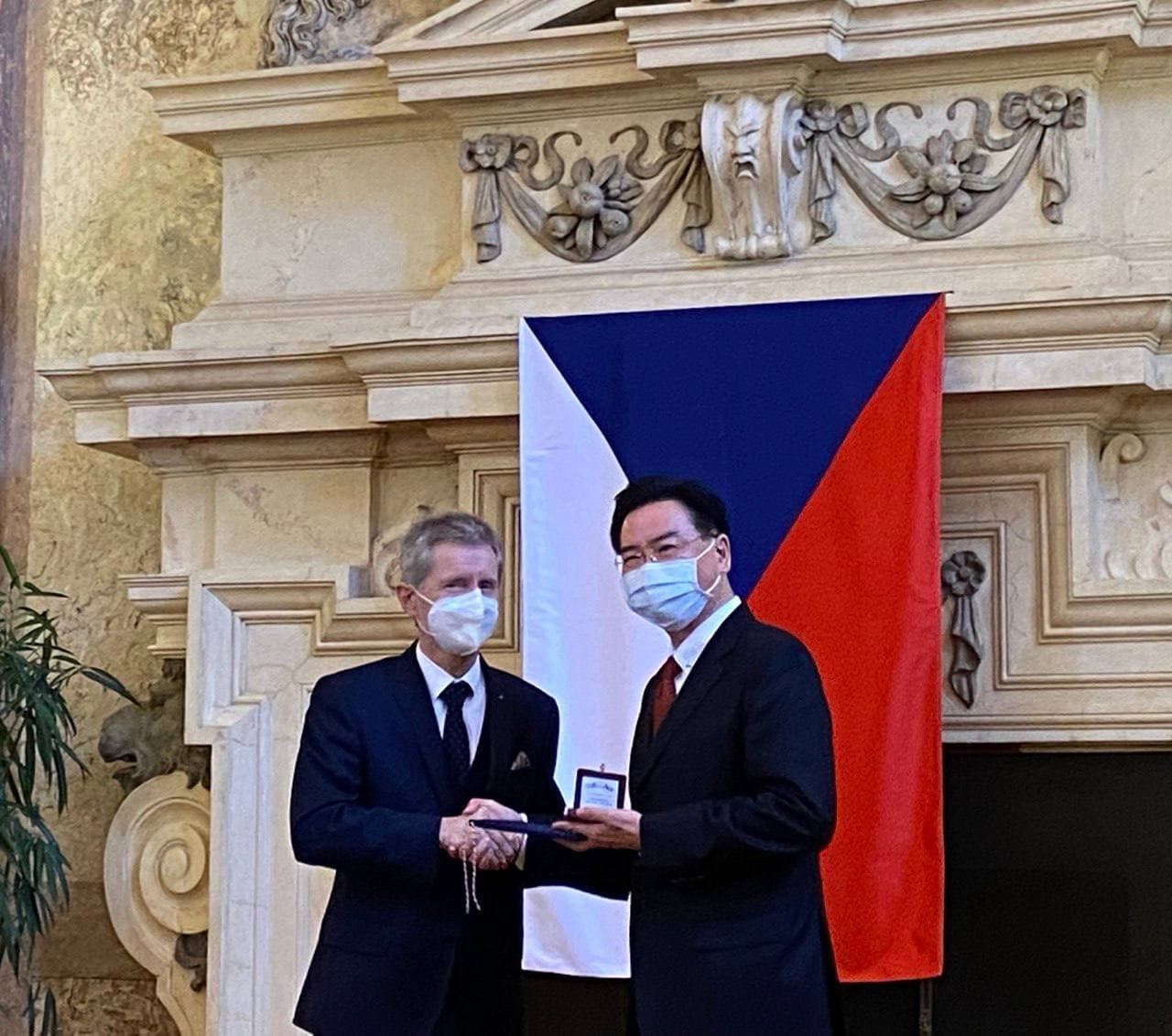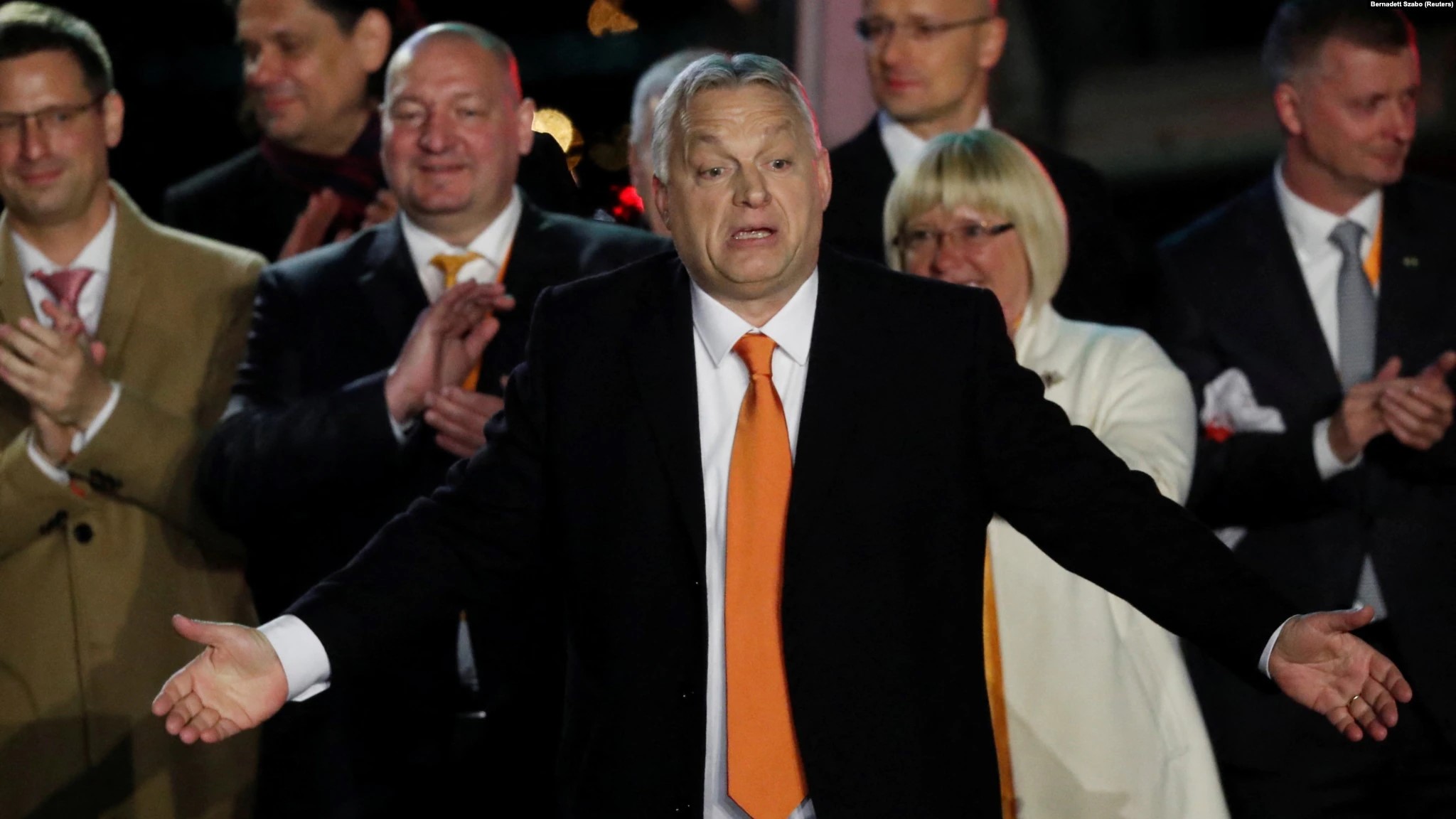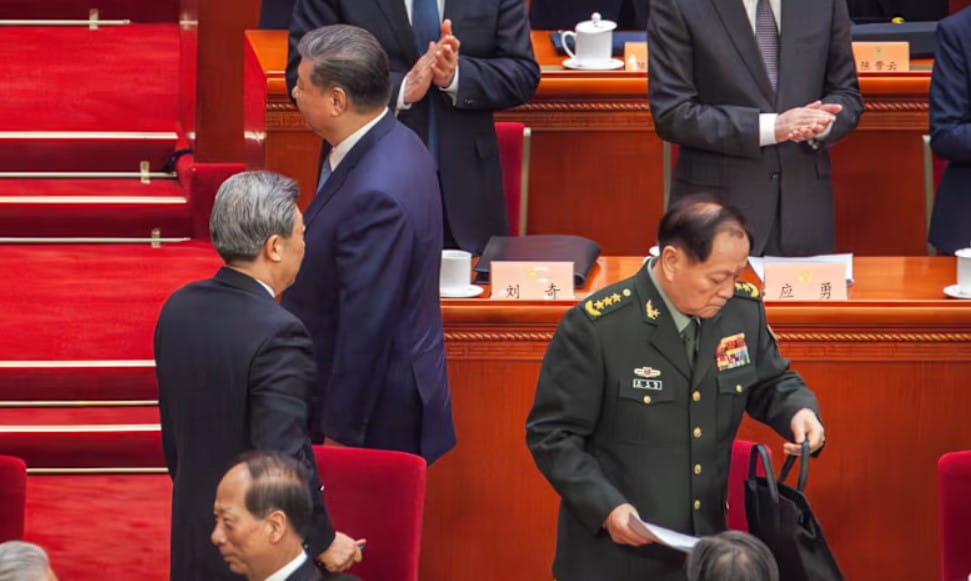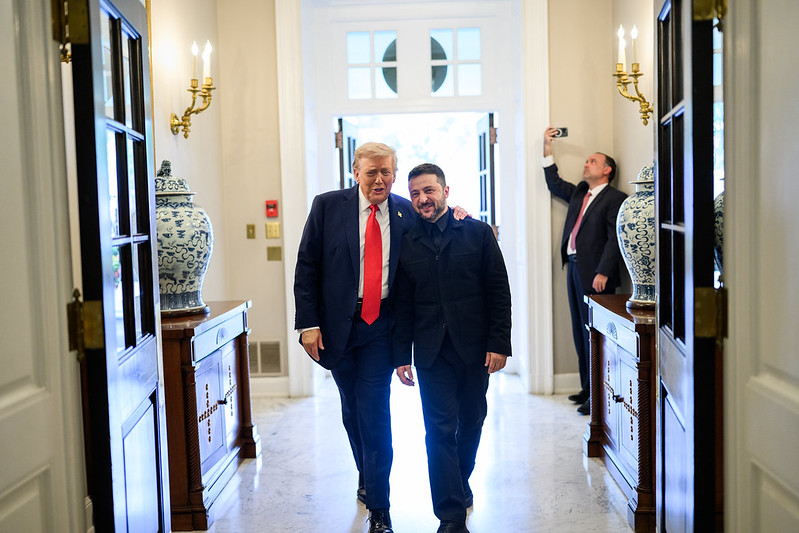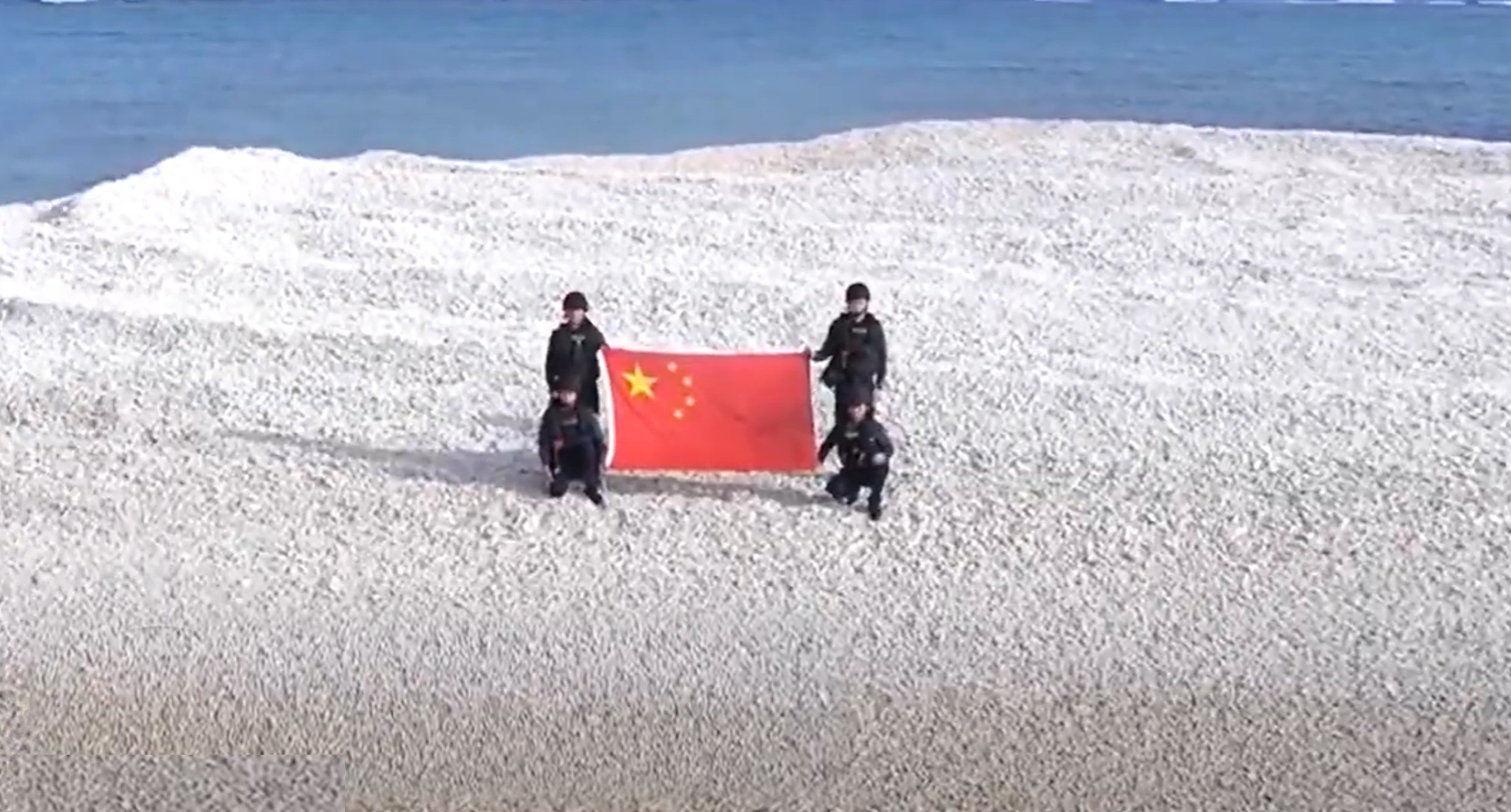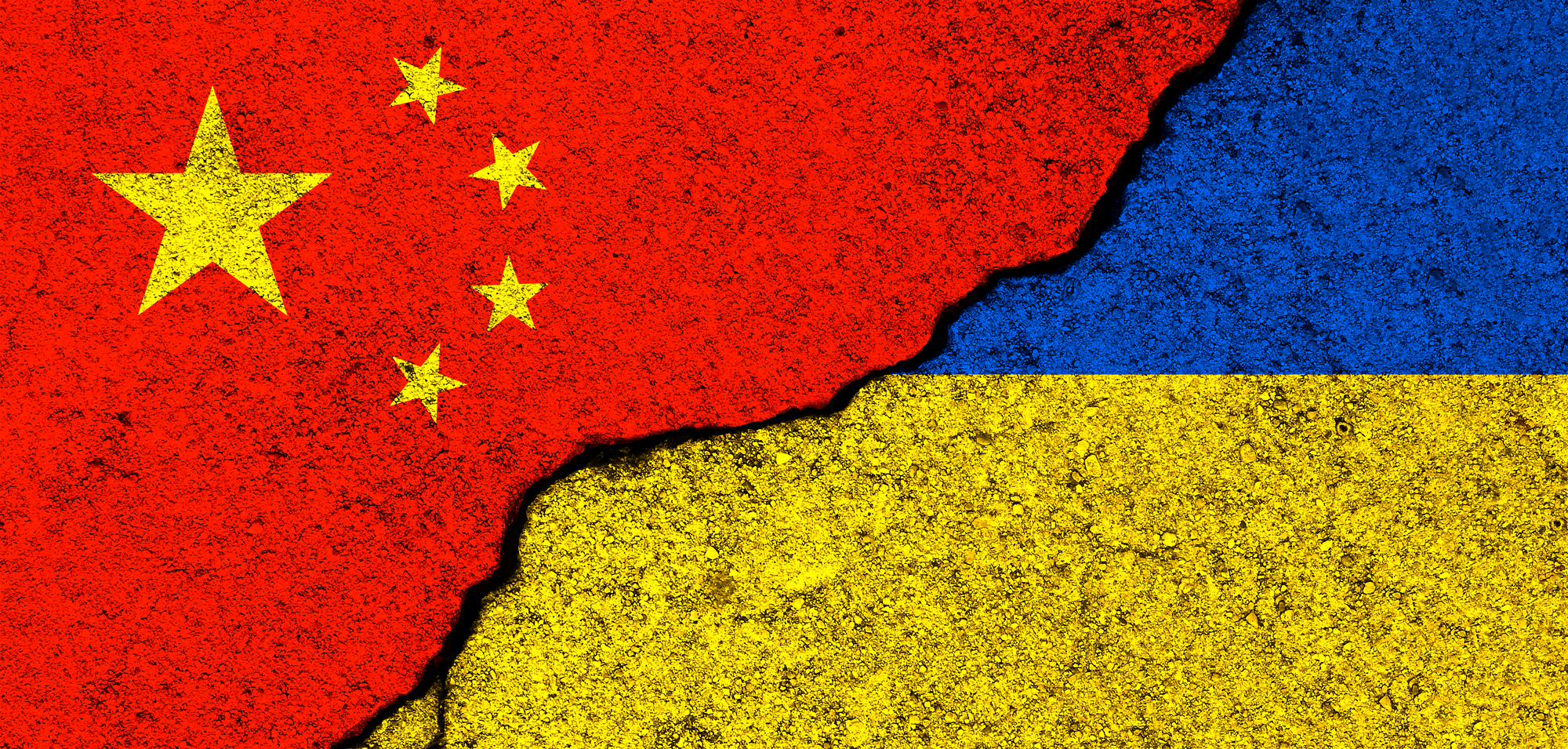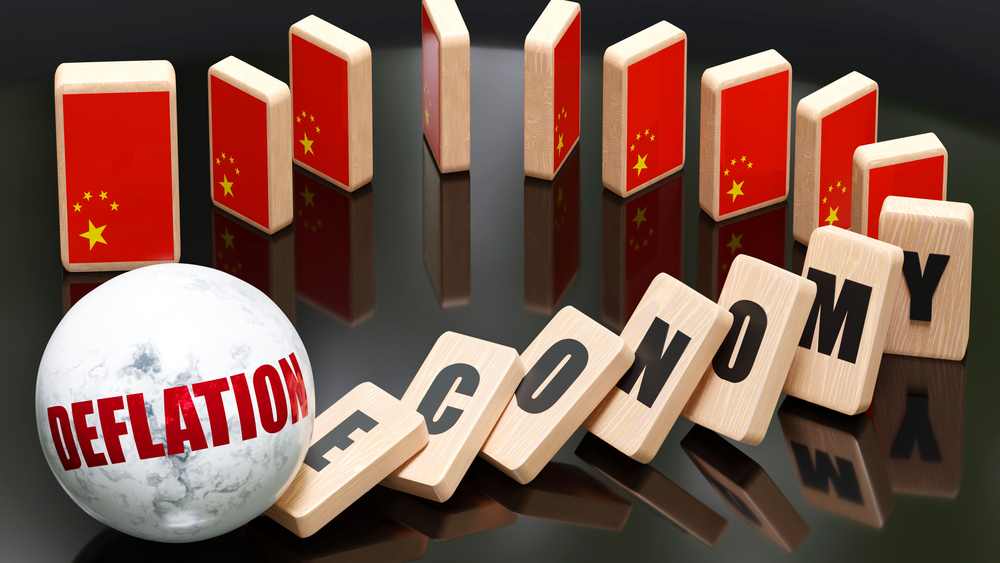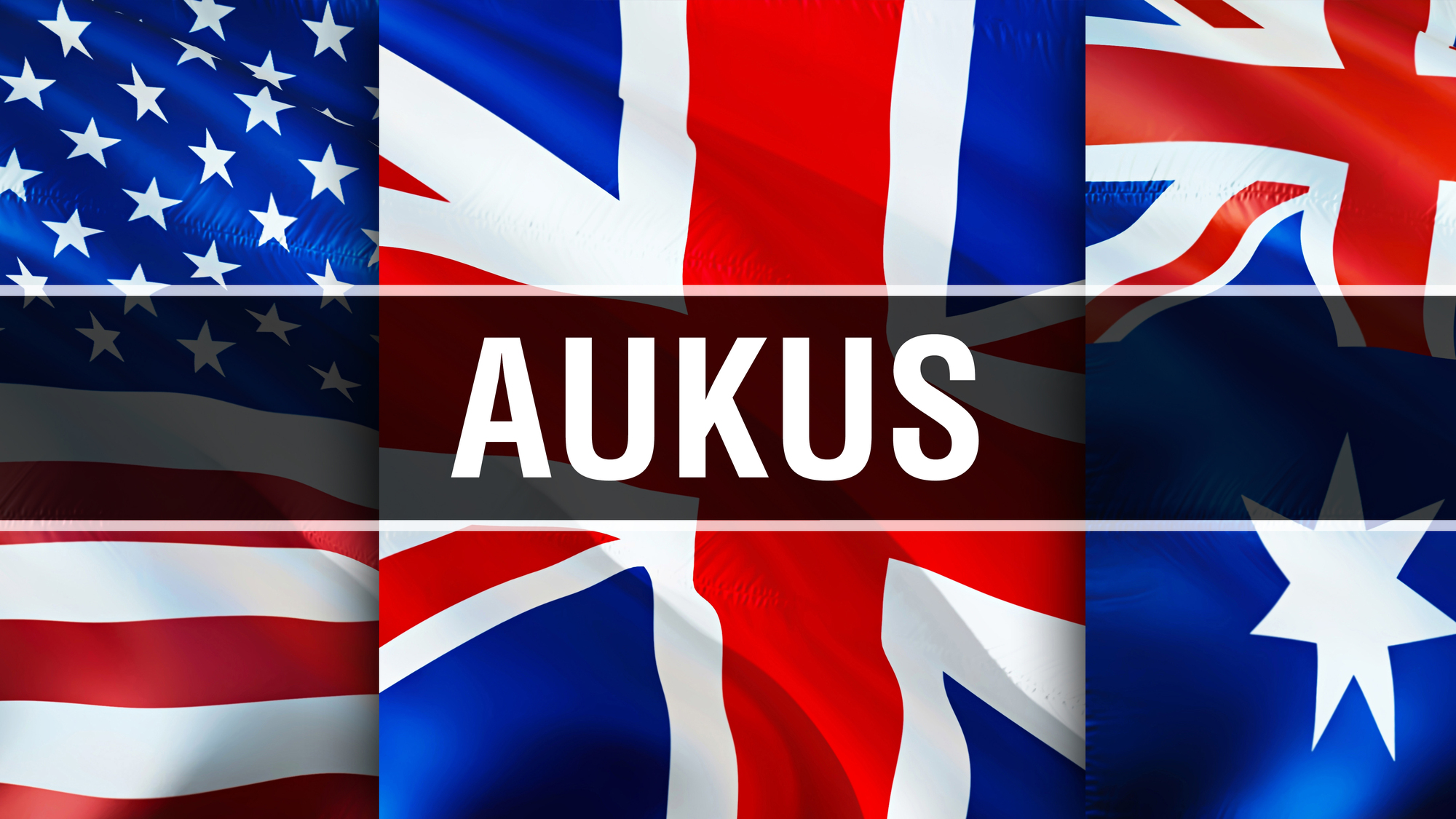The Czech Parliament Elections and Their Implications for Taiwan-Czech Relations
Due to China’s aggressive policy toward Central and East European countries, Taiwan-Czech relations may be a milestone for Taiwan’s innovative international participation strategy, which could boost Taiwan-EU strategic connections in future. Picture source: Ministry of Foreign Affairs, Republic of China (Taiwan), October 27, 2021, MOFA, R.O.C.(Taiwan), https://www.mofa.gov.tw/News_Content.aspx?n=96&s=96687
Prospects & Perspectives 2021 No. 60
The Czech Parliament Elections and Their Implications for Taiwan-Czech Relations
By Ming-hsien Wong
November 25, 2021
Introduction
Since 2012, when Xi Jinping assumed power in China and released the so-called “China Dream” and “The Chinese Dream of the great rejuvenation of the Chinese Nation,” the unification of Taiwan has been a priority mission for the Chinese Communist Party (CCP). Because of Taiwan’s refusal to accept the “one China” Principle and the so-called “1992 Consensus,” Beijing has blocked Taiwan’s international participation to downgrade its sovereignty status to that of a local government under China.
Taiwanese President Tsai Ing-wen has adopted several approaches to underscore Taiwan’s will to cooperate with likeminded countries to maintain peace and stability across the Taiwan Strait and has shared Taiwan’s successful model to help developing countries in Central and East Europe. In 2020, the speaker of the Czech Senate, Miloš Vystrčil, led an 80-member delegation to Taiwan, and after the Czech parliamentary elections in October 2021, Taiwan sent two delegationsled by the minister of foreign affairs and the National Development Council to enhance bilateral ties between Taiwan and the Czech Republic. Due to China’s aggressive policy toward Central and East European countries, Taiwan-Czech relations may be a milestone for Taiwan’s innovative international participation strategy, which could boost Taiwan-EU strategic connections in future.
Results of the Czech Parliament Election
In the parliament elections, the Czech center-right and liberal opposition groups Spolo coalition obtained 27.8% of the vote, and the Pirate and Mayors 15.6%, for a combined 108 seats in the 200-member lower house. The ruling party ANO, led by the populist billionaire Andrej Babis, only won 27.1% of the vote, which signifies that many Czech voters were not satisfied with either domestic or international politics under the Babis administration, especially Czech’s foreign policy toward China.
After the populist Czech President Milos Zeman announced before a 2016 visit to China that his country would be China’s “gateway to Europe,” Beijing guaranteed it would increase trade, investment and business deals as well as tourism and cultural exchanges. Howver, between 2016 and 2019, Chinese investments and trade deals failed to materialize. China, moreover, always emphasized the “one China” principle to interfere with ties between the Czech Republic and Taiwan.
Possible Implications for Czech-Taiwan Relations
1. Taiwan-Czech special relationship: The interaction model of non-diplomatic recognition.
On October 21, 2021, Taiwan’s Foreign Minister Joseph Wu visited the Slovak Republic and Czech Republic to increase ties with the two Central European countries. During a think tank’s annual conference in Prague on Oct. 26, Wu gave a speech on the theme of “Resilience in a post-pandemic world.” China reacted to the event by criticizing the Czechs for providing Wu with “a platform for separatist activity related to an independent Taiwan” adding that “the substance and impact of these acts are disastrous.” Speaker Vystrcil ignored the comments from China, which regarded the while affair as evidence that the Czech Republic had violated its “one China” policy. Instead, Vystrcil emphasized that “Our obligation is to show our will, views, our take on democracy, freedom and the rule of law,” and added that “the Czech Senate supports the inclusion of Taiwan in international organizations.”
2. Adjustment of the EU policy toward China and its impact on member states
On April 19, 2021, the European Council adopted the conclusions of a EU Strategy for cooperation in the Indo-Pacific, a part of the world with which the EU has deep and longstanding ties. On Sept. 15, 2021, the European Commission then announced that the European Union would implement a connectivity grand strategy known as the Global Gateway. This strategy is designed to balance China’s US$1 trillion Belt and Road Initiative, which is reshaping the nature of global commerce.
Also on October 21, the European Parliament implemented a report on enhancing European Union-Taiwan relations, which included calls on the EU to begin work on the possibility of feasible of a Bilateral Investment Agreement (BIA) with Taiwan and to change the name of the EU representative office in Taipei. The report was approved by 580 votes in favor and 26 against (with 66 abstentions), thereby underscoring the European Parliament’s pro-Taiwan stance. There is now a Europe-wide, if not world-wide, interest in Taiwan.
3. Significance for Central and East Europe
The interactions between Taiwan and the Czech Republic have also elicited a positive response from neighboring Central and East European countries. Lithuania, for example, has sought to establish closer ties with Taiwan. On Nov. 1, during an informal conversation with U.S. president Biden at the COP26 summit in Glasgow, Biden reportedly shared his anxieties about the situation in the Taiwan Strait with Lithuanian President Gitanas Nauseda and promised to back the Baltic nation’s policies toward China and Taiwan. Nauseda maintains that the opening of the Taiwan Representative Office in Lithuania’s capital, Vilnius, proves that the Baltic country’s “independent diplomacy” does not violate its “one China” policy. From this we can argue that the Czech Republic could also have a “one Taiwan” policy.
Conclusion: Taiwan-Czech Relations under Taipei’s European Strategy
The election removed Andrej Babis as Czech prime minister and left his coalition partners, the Social Democrats and the Communist Party, out of parliament together. Babis has formally submitted his resignation to president Milos Zeman, clearing the way for Petr Fiala, head of the Civic Democratic Party and a leading figure in the winning five-party coalition, to begin forming a new government.
Generally speaking, under the U.S.-China strategic competition the EU has changed its policy toward China. For example, the EU Parliament has suspended the EU-China Comprehensive Agreement on Investment (CAI) and several EU member states have released policy papers on their Indo-Pacific strategies. The EU has also passed the “EU Strategy for Cooperation in the Indo-Pacific.” The EU has felt the effects of the U.S.-China strategic competition and EU member states have also seen opportunities for closer engagement with Taiwan. What follows are some policy recommendations for developing relations between Taiwan and Czech Republic:
1. Taiwan must remain committed to rules-based democracy and a human rights order while maintaining mutual relationship with the Czech Republic via periodical forums and symposiums to share Taiwan’s experience of democratization and economic development.
2. The People’s Liberation Army (PLA) has conducted air and naval military exercises near the Taiwan Strait and Beijing never abandoned the possibility of using force to annex Taiwan. In order to maintain a peaceful and stabile situation along the First Island Chain and within East Asi, Taiwan must cooperate with likeminded EU countries.
3. Taiwan’s experience with small and medium enterprises can provide the Czech Republic with a unique example of economic transformation. For example, Taiwan’s development of traditional manufacturers and high-tech industries also create future opportunities for cooperation between the two countries.
4. The Czech Republic can serve as bridge to connect Taiwan with other Central and East European countries to boost the multilateral dimensions of the relationships. Taiwan should also seek ways to participate in EU-based regional and international activities in order to widen its European connections.
5. Taiwan’s Ministry of Foreign Affairs and Ministry of Education have provided Taiwan fellowship and Taiwan scholarships. To enhance Taiwan’s relations with the Czech Republic and other EU member states, Taipei must also shift from a quantity approach to one that emphasizes quality to better appeal to foreign students and scholars who wish to come to Taiwan.
(Dr. Wong is Director & Professor, Graduate Institute of International Affairs and Strategic Studies, Tamkang University)

